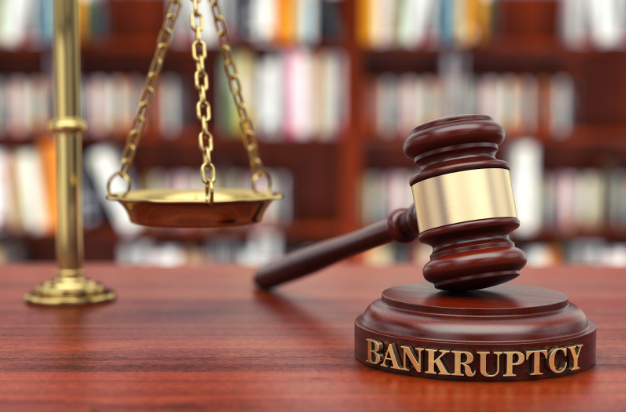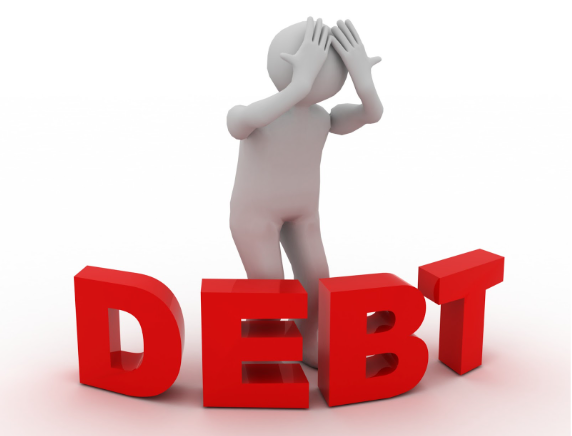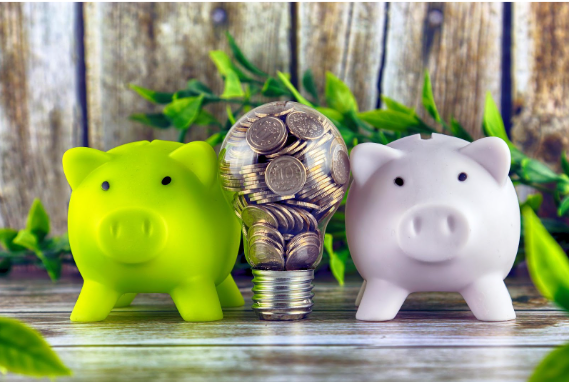
Avoiding Bankruptcy in 2024
Bankruptcy is usually considered a last resort for individuals overwhelmed by financial distress. It is a formal acknowledgment that one’s debts have become unmanageable. While a multitude of factors can lead to this precarious financial state, certain behaviors and circumstances usually contribute to pushing individuals towards the brink of bankruptcy.
Why People Could Go Bankrupt
One of the most common triggers is excessive use of credit without a clear repayment plan. Many people fall into the trap of living beyond their means, relying on credit cards for everyday purchases and gradually accumulating a mountain of high-interest debt. The convenience and immediate gratification offered by credit cards can obscure the reality of one’s financial situation until the accumulated debt becomes unsustainable.
Furthermore, minimal payments barely cover the interest, let alone the principal balance, creating a vicious cycle of debt that’s hard to escape.
Another significant factor is the lack of an emergency fund, leaving individuals financially vulnerable in the face of unexpected life events such as sudden job loss, medical emergencies, or significant home and car repairs. Without a financial cushion, these unforeseen expenses can force people to rely even more heavily on credit, which can exacerbate their debt situation.
Likewise, many fail to adjust their lifestyle and spending in response to changes in their financial situation, whether due to a decrease in income or increased expenses, leading to a reliance on borrowing to maintain a standard of living that is no longer affordable. This denial or delay in adjusting to a new financial reality can deplete savings and increase debt to unmanageable levels.
Moreover, a lack of financial literacy plays a crucial role in leading individuals towards bankruptcy. Many people do not have a clear understanding of how to manage their finances, budget effectively, or the long-term implications of debt accumulation. This lack of knowledge can result in poor financial decisions, such as high-risk investments or loans with unfavorable terms, further jeopardizing their financial stability.
Also, unforeseen circumstances like divorce or medical issues not only bring emotional and physical stress but also substantial financial strain due to legal fees, medical bills, or the sudden transition to a single-income household. These challenges can swiftly drain financial resources, pushing individuals toward bankruptcy as a means of relief from the overwhelming burden of debt.
Why Should You Avoid Bankruptcy?

Firstly, bankruptcy can damage your credit score, which is a key determinant of your borrowing capacity. A bankruptcy record can remain on your credit report for up to 7 years, making it challenging to obtain loans, credit cards, or favorable interest rates. This diminished creditworthiness can hinder major life decisions, such as buying a home or car, and may even affect rental and employment opportunities, as landlords and employers can sometimes review credit histories.
Furthermore, the emotional and psychological toll of bankruptcy is significant. The process can be stressful and demoralising, often accompanied by feelings of failure or embarrassment. This emotional strain can impact personal relationships and overall quality of life.
Also, not all debts can be discharged through bankruptcy. Obligations like student loans, alimony, child support, and some other debts may remain, leaving you with financial burdens even after the process.
Bankruptcy also involves relinquishing control over your finances. Assets might be liquidated to pay off creditors, or a court-mandated repayment plan may be imposed. This loss of autonomy over financial decisions can be restrictive and uncomfortable. The process itself can be costly, involving legal fees and other expenses, which can add to your financial strain.
In light of these considerations, it’s advisable to explore all alternative debt management strategies before contemplating bankruptcy. Consulting with financial advisors, negotiating with creditors, or restructuring debts can offer viable solutions that avoid the severe consequences of bankruptcy.
File for a Consumer Proposal
In Canada, a consumer proposal is a legally binding process that allows individuals to pay less than what they owe, that is, there will be a reduction in their debt. This option can significantly alleviate financial stress by enabling debtors to pay back only a portion of what they owe, potentially reducing their total debt by up to 80%. This is particularly appealing for those overwhelmed by debt as it provides a structured and manageable path to financial recovery without resorting to bankruptcy.
Opting for a consumer proposal has distinct advantages over declaring bankruptcy, especially in terms of asset retention and credit impact. Unlike bankruptcy, where assets might be sold off to pay creditors, a consumer proposal allows individuals to keep their assets, such as their home or car. This aspect of a consumer proposal can offer relief and stability for individuals, ensuring they do not have to part with valuable assets while they work towards regaining their financial footing.
Furthermore, while both options will impact your credit, the mark of a consumer proposal on your credit report is generally considered less severe than that of a bankruptcy. A consumer proposal is recorded as an R7 rating, indicating that you are making regular payments through a special arrangement to settle your debts, whereas a bankruptcy is rated as R9, the lowest rating.
Moreover, the consumer proposal process fosters a sense of financial responsibility and literacy, as individuals must adhere to a budget and regularly meet with the debt expert to review their financial situation. This educational component can be instrumental in preventing future financial missteps.
Also, the stress and stigma associated with bankruptcy can be considerably more profound, making a consumer proposal a less daunting path to debt relief. The ability to negotiate with creditors also means that payments are based on your current financial situation, ensuring they are within your means. This tailored approach, combined with the legal protection from debt collectors and the halt on accumulating interest, makes consumer proposals a viable and effective option for many Canadians struggling with debt.
Get Rid of Debt Now!

Do you want to be sure of which debt relief method you are eligible for? You should speak with one of our debt experts at EmpireOne Credit today. You don’t have to keep carrying the weight of debt all alone. Your debt can be reduced by up to 80%, and interest will stop immediately. Call us at (416) 900-2324 to schedule a free consultation with us. Being debt-free feels good!





